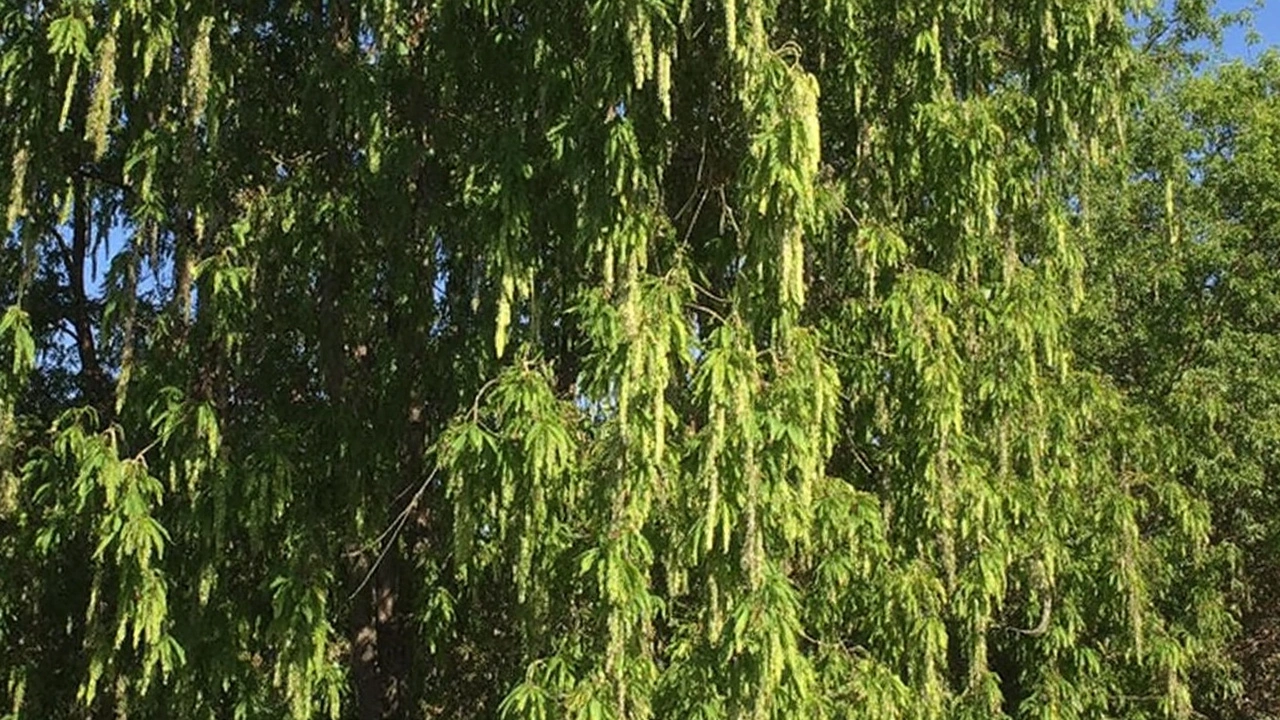Economic Growth in Africa – What’s Happening Now?
If you’ve been scrolling through news feeds lately, you’ll notice a lot of buzz around African economies. Countries from Nigeria to Kenya are posting stronger GDP numbers, foreign investors are eyeing new projects, and governments are rolling out reforms. So what’s really driving this momentum? And why should you care?
What’s Fueling the Momentum?
First off, infrastructure spending is a big piece of the puzzle. Roads, ports, and power plants are finally getting the cash they need, which means businesses can move goods faster and at lower cost. Look at Ethiopia’s new railway line – it cut transport time by half and opened up fresh markets for local farmers.
Second, technology is jumping in fast. Mobile money platforms like M-Pesa have turned billions of people into active participants in the economy. When you can pay bills or receive wages on a phone, you spend more, save more, and start small businesses that were impossible before.
Third, trade agreements are opening doors. The African Continental Free Trade Area (AfCFTA) is reducing tariffs across 54 nations, making it easier for firms to sell beyond their borders. Companies in Ghana, for example, now ship cocoa products straight to West African markets without paying extra fees.
Lastly, demographic trends give Africa a natural edge. With over 60% of the population under 25, there’s a huge labor pool and growing consumer base. Young people are hungry for jobs, education, and digital services – all of which push demand and spur innovation.
Roadblocks to Sustainable Growth
Even with these positives, challenges remain. Corruption still scares off many investors who worry about hidden costs or legal uncertainty. When officials ask for bribes or change rules overnight, businesses lose confidence and pull back on spending.
Another hurdle is energy reliability. In South Africa, load shedding forces factories to shut down regularly, cutting output and hurting export competitiveness. Without steady power, even the best‑planned projects can stall.
Political instability also throws a wrench in the works. Elections, coups, or civil unrest create unpredictable environments that make long‑term planning risky. Countries that manage smooth transitions tend to attract more foreign direct investment.
Finally, climate change is hitting agriculture hard. Droughts in the Sahel and floods in East Africa threaten food security, which can spark price spikes and social tension. Investing in resilient farming techniques and water management is becoming a must‑do for sustainable growth.
So where do we go from here? Keep an eye on reforms that improve transparency, watch infrastructure projects finish on schedule, and follow tech adoption rates. When those pieces line up, Africa’s economic growth story can shift from headline‑grabbers to lasting progress.
Moringa: Professor Hagher Sees More Power in Plants Than Guns
Professor Iyorwuese Hagher, ex-Health Minister in Nigeria, calls for a national push towards moringa farming, highlighting its immense health, environmental, and economic advantages. The initiative aims to engage youth in organic farming of this 'wonder plant,' fostering sustainable agricultural practices and positioning Nigeria in the global market with eco-friendly products.
READ MORE
